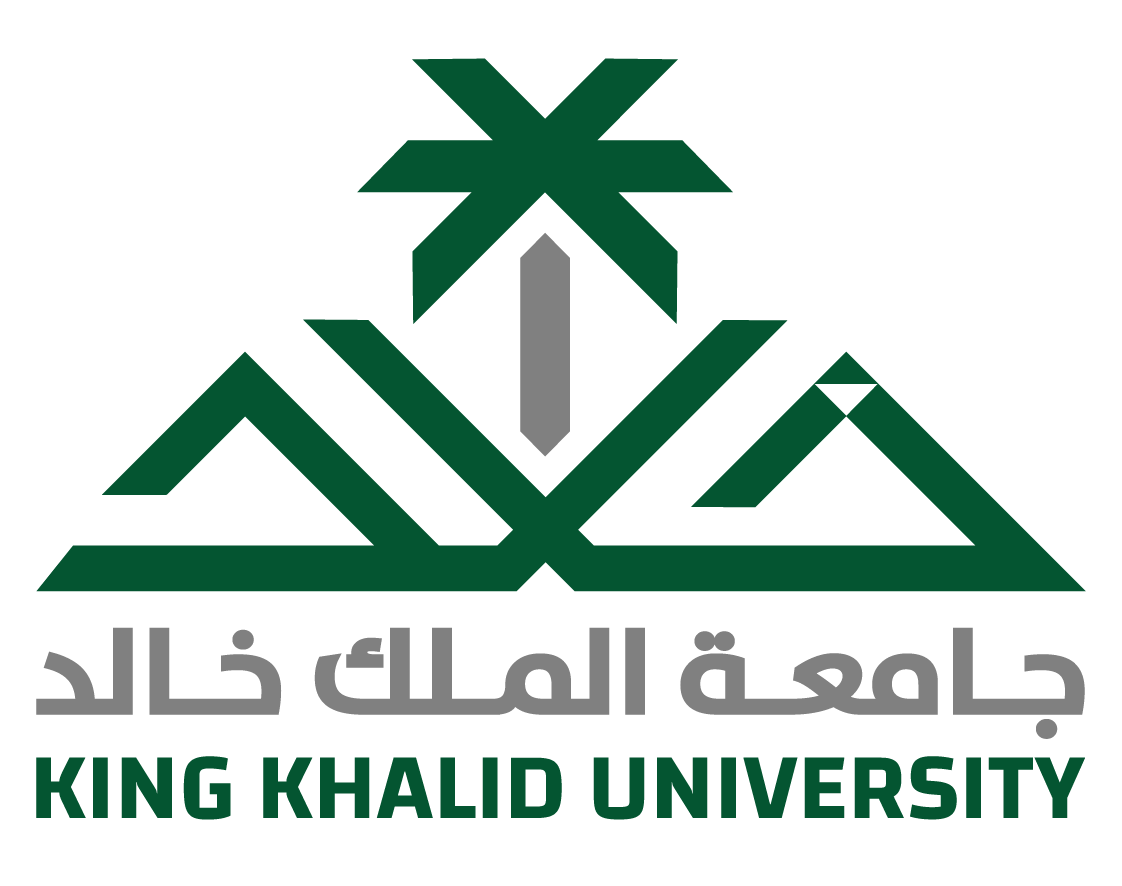الملخص
Hot springs have been recognized as an important and unexploited resource in Saudi Arabia. This investigation aimed to evaluate the bioactivity of thermophilic bacteria isolated from hot springs in the southern region of Saudi Arabia. Eighty-four bacterial isolates were obtained from three sites; Al-Majardah (33 isolates), Al-Khubah (30 isolates) and Al-Ardah (21isolates). The chemical analysis of water samples showed that these springs contain many elements and nutrients that support the growth of thermophilic bacteria. The ability of isolates to produce industrially important enzymes (α-amylase, protease and lipase), as well as their ability to act as antagonists towards selected pathogens considerably varies between different isolates. Screening of bacterial isolates for enzymes production indicated that 78 isolates produced enzyme activity for one or more enzymes. The highest α-amylase activity was produced by isolates KKU-MS24 from Al-Majardah, and KKU-KS5 and KKU-KS25 from Al-Khubah regions; the maximum amount of protease was produced by isolates KKU-MS4 and KKU-MS8 from Al-Majardah region, and KKU-AS6 from Al-Ardah. Isolate KKU-MS14 from Al-Majardah and isolates KKU-AS6 and KKU-AS8 from the Al-Ardah region were the highest producers of lipase activity. These findings conclude that the isolates KKU-KS5, KKU-MS4 and KKU-MS14 have the potential to produce the target enzymes α-amylase, protease and lipase respectively. Antimicrobial activity of isolates indicated that 50 bacterial isolates (59.52%) showed an antagonistic effect against one or more of the five tested human pathogens (Candida albican, Proteus mirabilis, Klebsiella pneumonia, Shigella flexneri and Staphylococcus aureus), comprising: 19 isolates from Al-Khubah..

